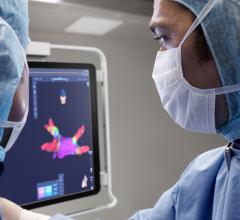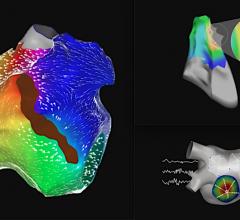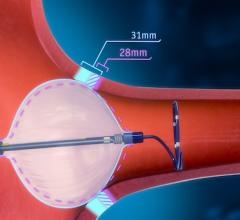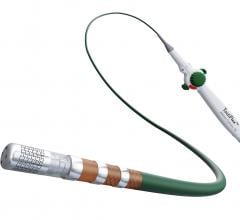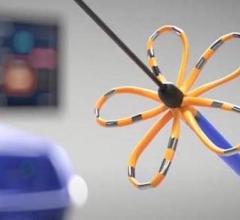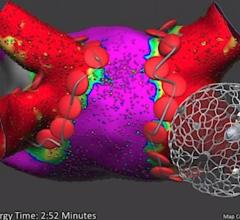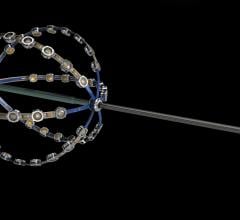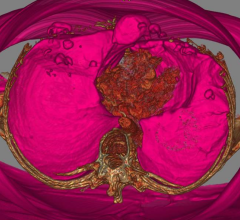September 23, 2020 — Boston Scientific Corp. signed an investment agreement with an exclusive option to acquire Farapuls ...
Atrial Fibrillation
This channel includes news and new technology innovations for the treatment of atrial fibrillation, also referred to as AF or afib. AF is a cardiac arrhythmia caused by irregular and often rapid heart rate. It is caused by the upper chambers (the atria) beating irregularly and uncoordinated with the lower ventricle chambers of of the heart. Symptoms include weakness with heart palpitations and shortness of breath. The conditional can lead to an increased risk of stroke and heart failure. AF episodes can cause the blood in the atria to stagnate and form clots, usually within the left atrial appendage (LAA). The clots can flow to the brain and cause a stroke. Treatments include anticoagulation therapy to dissolve clots, catheter or surgical ablation and LAA occlusion.
September 14, 2020 — Philips Healthcare released new imaging and workflow enhancements for its novel Kodex-EPD cardiac ...
September 3, 2020 – Biosense Webster launched its Carto 3 System Version 7 and the Carto Prime Mapping Module to enhance ...
When performing radiofrequency (RF) ablation to treat cardiac arrhythmia, medical professionals must balance the safety ...
August 21, 2020 — According to a report published by Research Dive, the rising number of patients suffering from atrial ...
August 17, 2020 — A Northwestern Medicine Bluhm Cardiovascular Institute physician was the first electrophyiologist in ...
August 6, 2020 – Conformal Medical Inc. announced it secured $85 million in Series C financing to support the company’s ...
For over a decade, the cardiac cryoablation industry has seen little in the way of technological advancements. Yet ...
August 4, 2020 — Abbott announced the first enrollments in the TactiFlex PAF investigational device exemption (IDE) ...
Devi G. Nair, M.D., FHRS, director of cardiac electrophysiology, St. Bernards Heart and Vascular Center, Jonesboro, Ark ...
July 22, 2020 — The U.S. Food and Drug Administration (FDA) has approved Boston Scientific's next generation Watchman ...
In the United States, the options currently available for cardiac ablation use thermal mechanisms to ablate tissue and ...
July 7, 2020 – Medtronic announced it received U.S. Food and Drug Administration (FDA) clearance and European CE mark ...
Interview with Andrew D. Krahn, M.D., FHRS, head of the division of cardiology at St. Paul’s Hospital, and professor of ...

May 20, 2020 — Here is the complete list of late-breaking clinical trials (LBCT) and links to articles on all of them ...
When the patients of Michael Boler, M.D. need cardiac monitoring, the Holter monitor is no longer his first choice. “The ...
May 20, 2020 — Acutus Medical and Biotronik announced a new alliance to provide a comprehensive portfolio of electrophys ...
May 19, 2020 — Structural changes of the atrium may occur long before the onset of atrial fibrillation (AF), and the ...
May 19, 2020 — Atrial disease has been implicated in embolic stroke of undetermined source (ESUS) and a late-breaking ...

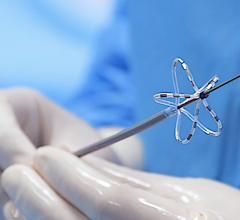
 September 23, 2020
September 23, 2020
